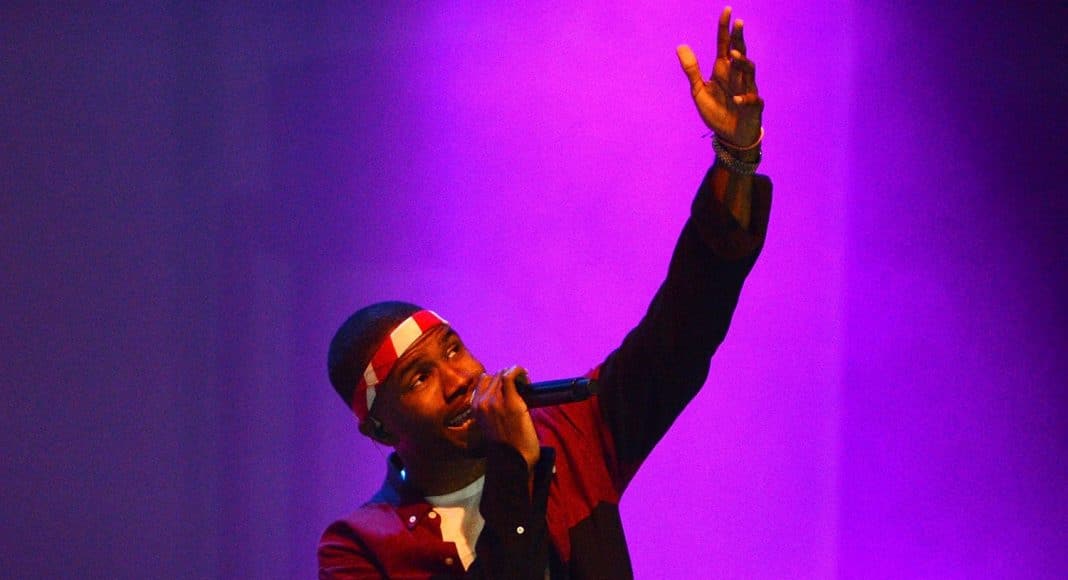Here’s a sort of cynical (and internet hipster) take on the Grammys: the right people never win at the right time. Leading up to the musical pageant, media discussions divert down two paths—who will win and who should win. This roughly translates to most popular nominee vs. the critic’s choice. That critic’s choice sometimes assumes the people’s choice, a.k.a. who the passionate fans of said category who live and breathe the musical genre would’ve chosen.
One famous, very triggering, dude-felt-so-guilty-about-winning-he-wrote-that-song-about-it example was when Macklemore won Best Rap Album over Kendrick Lamar. On no planet in the known universe is Macklemore’s The Heist better than Kendrick’s good kid, m.A.A.d City. But more people, particularly (white) voters, heard Macklemore’s “Thrift Shop,” “Same Love,” etc., because they received heavy radio rotation. A similar snub occurred this year, according to the hip-hop community, when Taylor Swift’s 1989 beat out Kendrick’s To Pimp A Butterfly. From this perspective the through line is simple: the Grammy’s don’t understand, or care to understand, rap.
Perhaps that point of view, though, could be dismissed as fans and media whining. It’s not, but that’s the rebuttal anyways. That argument loses weight when considering the many musicians who have publically come out against the award show, including Jay Z, Nine Inch Nails’ Trent Reznor, Eddie Vedder, Kanye West, Metallica, Sinead O’Connor, and more.
The Grammy’s tries playing (kind of) nice sometimes and correct past mistakes, like awarding Beck Album of the Year in 2015 for his record Morning Phases. Beck is an artist deserving of a Grammy surely. But he beat out Beyonce’s self-titled release, an incredible artistic expansion that through its visuals re-shaped our understanding of what a pop album could be these days. So no one liked that, either, especially Kanye.
Frankly, all this past history of snubs and rightful winners is boring. It reminds me of high school drama: all so important and emotional when you’re in it, but with a little distance, you succumb to a resigned apathy. You’re surprised some past version of you cared that much.
Billboard revealed Monday that one premiere pop talent would not be winning a Grammy this year. That would be Frank Ocean, a man with two Grammys to his name. (Another important snub we—sigh—fretted at the time: when .Fun beat out Frank for Best New Artist.) Apparently Frank and his team did not submit either Blonde or his visual album Endless in time—though, due to its Apple Music exclusivity and the Grammy’s rules, Endless might not have been eligible anyways.
Because Frank famously departed from his label Def Jam this year, self-releasing Blonde, and labels typically handles these arrangements for their artists, some speculated Frank’s team goofed up. An oversight, of sorts. But a source told Billboard that Frank and his team knew of the deadlines and made a decision not to submit. They opted out of the Grammy’s games. (Maybe it’s the cool move now not to give a shit about prestigious awards?)
Frank Ocean has withdrawn from many artistic enterprises we consider traditional this year. To promote his albums, Frank did virtually no press, save a few Tumblr posts. He found a loophole out of his contract with Def Jam to ride solo. His visual album Endless prompts some aggressively plodding, blue-collar visuals. No late-night appearances to re-invigorate interest or introduce his art to outside audiences. Blonde was just made available last month on Spotify. And now there’s this declining of the Grammys that has addled and upset so many artists previously.
Through his art and (lack of) public persona, Frank has furthered his notion as an outsider artist. He isn’t messing with the mainstream. If everyone’s been playing football for decades, Frank’s starting a non-profit Quidditch league. He’s drawing smaller numbers and exposure, but his audience remains significant. He’s speaking directly to the people he wants in the exact manner he wants. Frank Ocean not participating in the Grammys further enamors him to those fans anyways; it’s the move he’s supposed to assume as the truly independent artist he’s crafted himself as.
The Grammys is an institution and corporate affair, which is everything Frank stands against. With all the bad blood surrounding the awards, what would he gain from playing their game? He’s already got their trophy.


